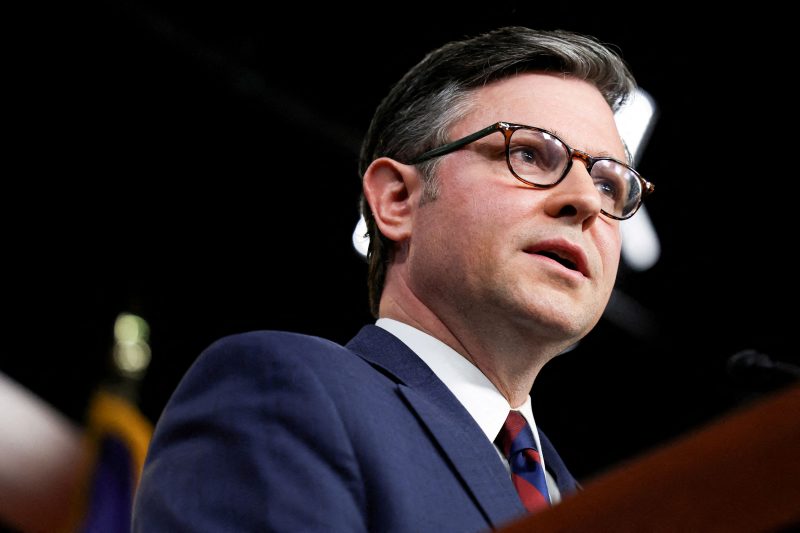In the wake of ongoing tensions within the House Republican Party, members continue to brace themselves for potential further discord and drama. The internal divisions and power struggles are indicative of wider ideological rifts that have become increasingly apparent in recent weeks.
One of the major sources of contention within the party revolves around differing views on key policy issues, such as health care and taxation. While some members advocate for a more moderate approach to these issues in order to appeal to a broader base of voters, others within the party remain staunchly conservative and are pushing for a more hardline stance.
The resistance towards compromise and the increasing polarization of the party have created a challenging environment for House Republicans to navigate. The reluctance to find common ground and work towards a unified vision for the party’s future has only served to escalate tensions and fuel intra-party conflicts.
Moreover, the recent departure of several high-profile members has further exacerbated the turmoil within the party. The loss of experienced and influential figures has left a void that is yet to be filled, adding to the sense of uncertainty and instability among House Republicans.
In light of these challenges, it is clear that the road ahead for the House Republican Party is fraught with obstacles. The need for effective leadership and a concerted effort to bridge the divide between different factions within the party has never been more pressing. Unless these internal divisions are addressed and resolved in a timely manner, House Republicans may find themselves fighting an uphill battle in their quest for political relevance and success.

